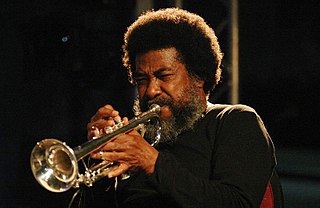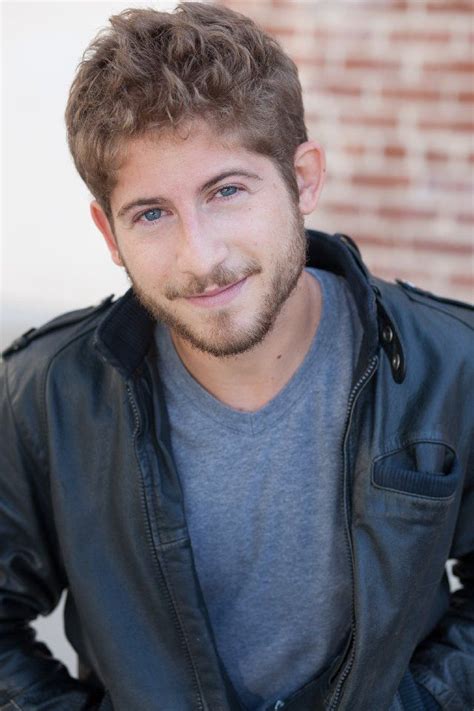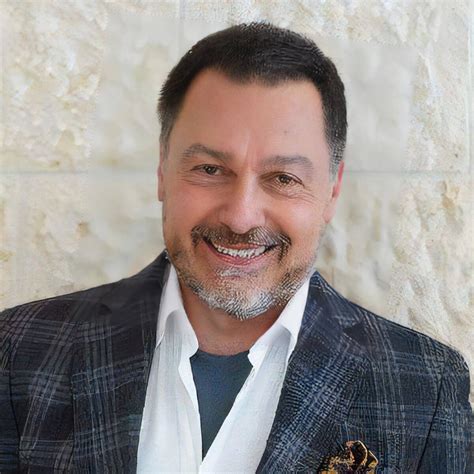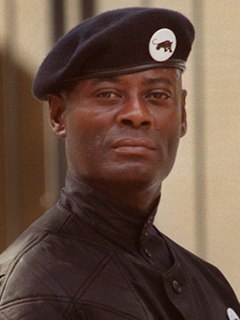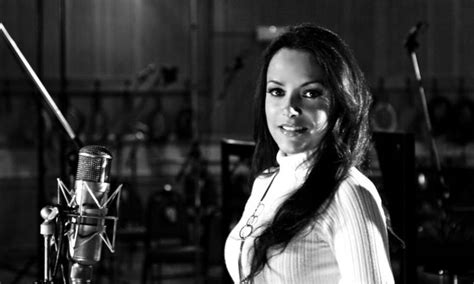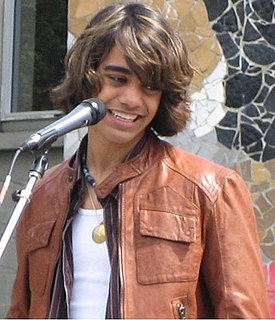A Quote by Madeline Hunter
I did indeed say you could have lovers. But I never promised that I would not kill them.
Related Quotes
In short, I didn't become a Christian because God promised I would have an even happier life than I had as an atheist. He never promised any such thing. Indeed, following him would inevitably bring divine demotions in the eyes of the world. Rather, I became a Christian because the evidence was so compelling that Jesus really is the one-and-only Son of God who proved his divinity by rising from the dead. That meant following him was the most rational and logical step I could possibly take.
If they had only themselves to consider, lovers would not need to marry, but they must think of others and of other things. They say their vows to the community as much as to one another, and the community gathers around them to hear and to wish them well, on their behalf and its own. It gathers around them because it understands how necessary, how joyful, and how fearful this joining is. These lovers, pledging themselves to one another "until death," are giving themselves away, and they are joined by this as no law or contract could join them.
There are certain scenes, certain hills and valleys and groves of pines which demand that a story shall be written about them. I would refine; I would say that the emotions aroused by these external things reverberating in the heart are indeed the story; or all that signifies the story....We translate a hill into a tale, conceive lovers to explain a brook, turn the perfect into the imperfect.
I know I promised. I said, 'Ask, seek, knock and you will find.' You say, 'But I have found loss. I have found dispossession. I have found letting go.' And I would say to you that until you dispossess what you have you can never possess what I want to give to you. Until you surrender your understanding, you will never get My wisdom. You would say, 'Lord, what is at the end of this process?'
Now Catherine would die. That was what you did. You died. You did not know what it was about. You never had time to learn. They threw you in and told you the rules and the first time they caught you off base they killed you. Or they killed you gratuitously like Aymo. Or gave you the syphilis like Rinaldi. But they killed you in the end. You could count on that. Stay around and they would kill you.
I fell in love with the classical crossover genre when I was on AGT. I found out that I could use the microphone to establish a deeper intimacy with the audience. I did not portray an opera character; I was my true self. I would sing a four-to-five minute piece for the audience and then I could talk to them and say "Hi" to them! I would not need to act out scenes where my character was dying from tuberculosis or killing somebody else on stage, I could have a nice conversation with them.
How could it be that I had a legal obligation to kill people I did not know, and who did certainly not consent to it, while my father's doctor could not help my father to die when my farther asked for it? My consternation brought me to moral philosophy and a life-long search for an answer to the question when and why we should, and when we shouldn't, kill.

